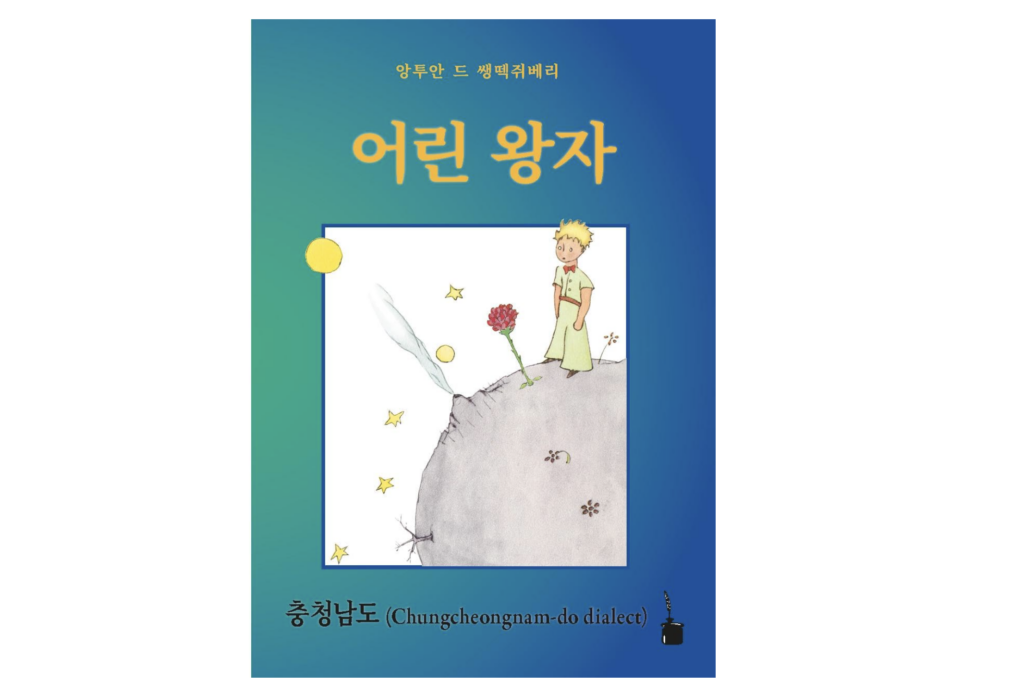
Eorin Wangja — in Chungcheongnam-do dialect.
The Chungcheongnam-do dialect, also known as the Chungcheong dialect, is one of the regional dialects of the Korean language, spoken in the Chungcheongnam-do (South Chungcheong) province in South Korea. This dialect is part of the broader Chungcheong dialect, which also includes the language spoken in Chungcheongbuk-do (North Chungcheong).
Chungcheongnam-do has historically been a significant agricultural region in Korea, known for its rice paddies and farmlands. The slower pace of life in the countryside is often reflected in the dialect’s relaxed intonation and speech patterns. The region was less influenced by the rapid industrialization that affected other parts of South Korea, allowing traditional ways of life—and by extension, traditional dialects—to be preserved longer. The Chungcheongnam-do dialect is often associated with the traditional, rural culture of the region. It is considered warm and approachable, embodying the friendly and laid-back nature of the people from this part of Korea.
This dialect is known for its relatively flat intonation, which is often described as slower and more relaxed compared to the standard Seoul dialect. This gives it a distinct, almost “drawling” quality.
There is less tonal variation in the Chungcheong dialect compared to other Korean dialects like the Gyeongsang dialect, which is known for its sharp and rising intonation patterns.
The Chungcheongnam-do dialect has its own unique vocabulary and expressions that differ from standard Korean. For example, certain words and phrases used in everyday speech might be unfamiliar to speakers of other dialects. Some archaic Korean words that are no longer used in standard Korean have been preserved in the Chungcheong dialect, making it linguistically rich and historically significant.
The Chungcheongnam-do dialect is often associated with warmth and friendliness. People from this region are stereotypically seen as easygoing and hospitable, and the dialect reinforces this perception. One of the most unique features of the Chungcheongnam-do dialect is its relaxed and almost “drawling” intonation. This slower speech pattern reflects the traditional rural lifestyle of the region and contrasts sharply with the more hurried pace of speech in urban areas like Seoul. In Korean dramas and films, characters who speak the Chungcheongnam-do dialect are often portrayed as honest, trustworthy, and grounded individuals. This portrayal underscores the cultural identity associated with the region.


